Kenia/14 de julio de 2016/Fuente: bajopalara
Kilifi, Kenya.- El Ministerio de Servicios Públicos y Asuntos de Género y Juventud de Kenia crea y fortalece los centros de recuperación para víctimas de violencia sexual y de género con apoyo del Fondo de Población de las Naciones Unidas (UNFPA).
El 1 de este mes se creó uno de esos centros en el hospital de este condado, con la colaboración del gobierno local de Kilifi, Kenia.
La respuesta a la violencia sexual y de género resulta confusa porque a pesar de que es una de las violaciones de derechos humanos más generalizada en el mundo, es uno de los delitos menos procesados por la justicia.
Es un problema que afecta a todas las comunidades, niveles de ingreso y religiones e implica a la mitad de la humanidad.
Cuatro de cada 10 mujeres en Kenia sufrieron alguna forma de violencia de su pareja, con lo que queda claro que el silencio relacionado con la violencia contra las mujeres, niñas y niños debe terminar. Es hora de dejar de verla como un asunto que atañe a las activistas de género, y más bien como un requisito del desarrollo sostenible.
Las pruebas sobre los tremendos efectos y el gran impacto que tiene la violencia contra las mujeres y los menores de edad son abundantes. Las consecuencias permanecen no sólo con cada mujer, niña o niño violado, sino que también pueden pasar a la generación siguiente.
La violencia contra las mujeres y las niñas es una manifestación extrema de la desigualdad de género y de la sistemática discriminación que sufren. Su derecho a vivir sin violencia depende de la protección de sus derechos humanos y de una justicia fuerte.
El sistema patriarcal que domina gran parte del mundo, sumado a la falta de derechos en los hogares, han dejado a las mujeres y a las niñas vulnerables a la violencia sexual, física, emocional, espiritual e intelectual.
Esas actitudes se manifiestan a través de prácticas como el matrimonio infantil, la mutilación genital femenina y los derechos de herencia de mujeres y niñas. Son actitudes perversas que propagan el falso paradigma de que las mujeres son meros bienes muebles, destinadas a quedar relegadas a un segundo plano detrás de hombres y niños.
Kenia aprobó varias leyes relacionadas con la violencia contra las mujeres como la Ley de Delitos Sexuales, de 2007; la Ley de la Mutilación Genital Femenina, de 2011; y la Ley de Política Nacional para la Prevención y la Respuesta a la Violencia Sexual y de Género, en 2014. También se crearon varios programas para promover la aplicación de las normas vigentes.
Es importante procesar a los responsables, pero también crear otros programas como la atención y el apoyo a las víctimas de la violencia.
Las personas que sufrieron violencia sexual, y concretamente violación, por ejemplo, tienen que tener un acceso rápido a atención médica de emergencia y clínicas de salud, incluso tratamiento para evitar el VIH (virus de inmunodeficiencia humana), causante del sida (síndrome de inmunodeficiencia adquirida), asesoramiento sobre embarazo y otros.
Una mujer golpeada por su esposo debe tener un lugar a donde ir con sus hijos para sentirse segura, protegida y amparada.
Las víctimas de violencia deben tener confianza en que cuando realizan una denuncia policial, se beneficiarán de un proceso judicial que no las señalará con un dedo acusatorio y que los responsables serán castigados.
Al inicio de la campaña contra la violencia de género hubo grandes desafíos, pero ahora tomó un impulso considerable convirtiéndose en un asunto de grandes agencias y del gobierno, pero también por parte de la propia sociedad civil.
Es reconfortante saber que un grupo de mujeres komeni están dedicadas a luchar contra el matrimonio infantil en Pokot. El grupo creó un refugio para niñas que escapan de matrimonios forzados y colaboran con la administración local para detener y procesar a los responsables.
Se necesitan más manos para llevar adelante la tarea. El ministerio está deseoso de trabajar con iniciativas comunitarias y colaborar en coordinación con los programas nacionales. Eso incluye el enfoque de las cinco “p” en inglés: prevención, protección, procesamiento de los responsables, programación y asociación, para facilitar la concreción del quinto Objetivo de Desarrollo Sostenible, sobre igualdad de género.
Algunos de los asuntos clave destacados en las cinco p son la concienciación de las comunidades sobre la violencia sexual y de género, líneas de teléfono gratuitas para realizar denuncias y la creación de centros de atención para las víctimas, así como la protección mediante el procesamiento judicial de los responsables.
La creación de esos centros ayudará a vincular la comunidad, los hospitales y los diferentes sectores que ofrecen servicios contra este flagelo, como asesoramiento legal, atención psicosocial y seguridad.
A largo plazo, hay que comenzar a desarmar los motores estructurales de la violencia de género. El estatus de la salud de las mujeres, su participación en la economía y su educación deben ser prioridades de la agenda de desarrollo. Mientras prevalezcan las desigualdades en esas áreas, las mujeres siempre quedarán expuestas a la violencia.
Toda la gama de actores de desarrollo deben juntarse para asegurarse de que cada hogar sea seguro y esté libre de todas las formas de violencia.
Esa es la única forma de garantizar un progreso y una paz realmente sostenibles en las que participe cada uno de nosotros.
Hablemos fuerte y claro para poner fin al flagelo de la violencia sexual y de género.
Fuente: http://bajopalabra.com.mx/kenia-prioriza-atencion-a-victimas-de-violencia-de-genero#.V4fWztLhDIU
Imagen: http://bajopalabra.com.mx/wp-content/uploads/2016/07/violencia-de-genero_800x400-800×400.jpg

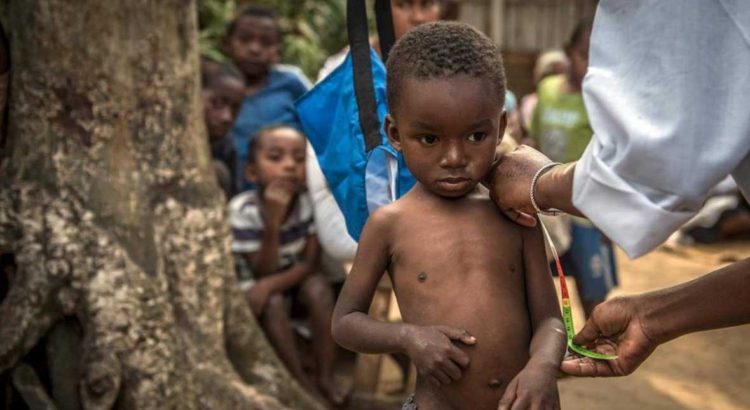
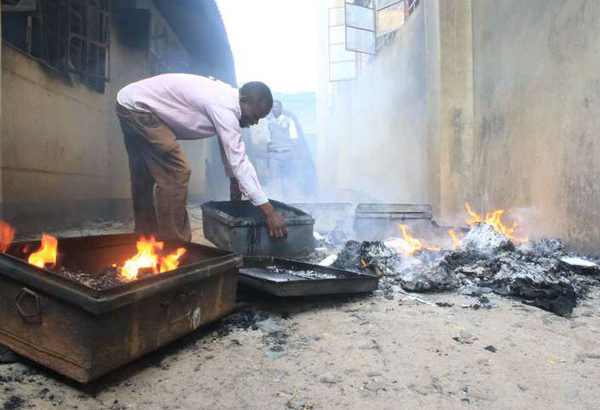
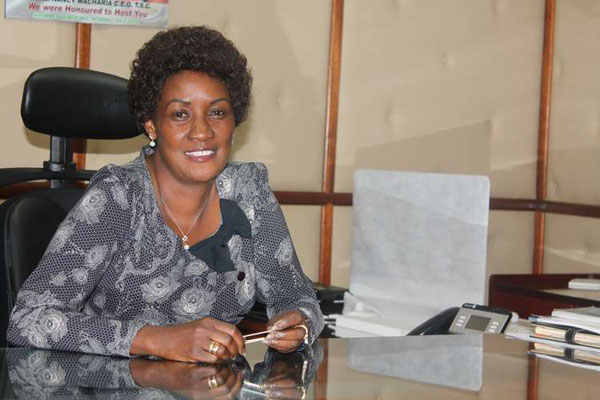
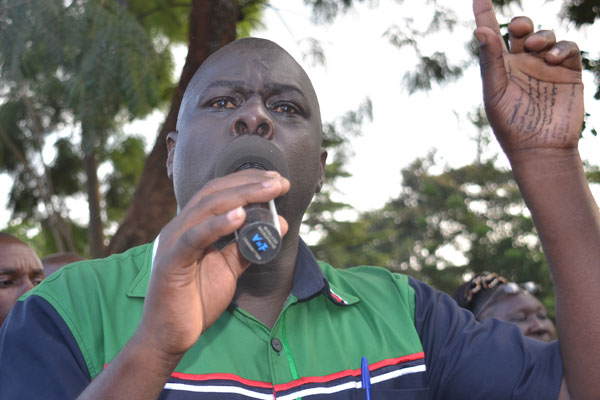

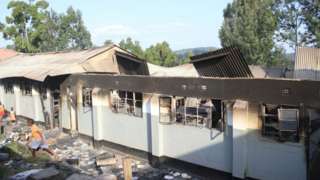








 Users Today : 2
Users Today : 2 Total Users : 35460781
Total Users : 35460781 Views Today : 6
Views Today : 6 Total views : 3419993
Total views : 3419993